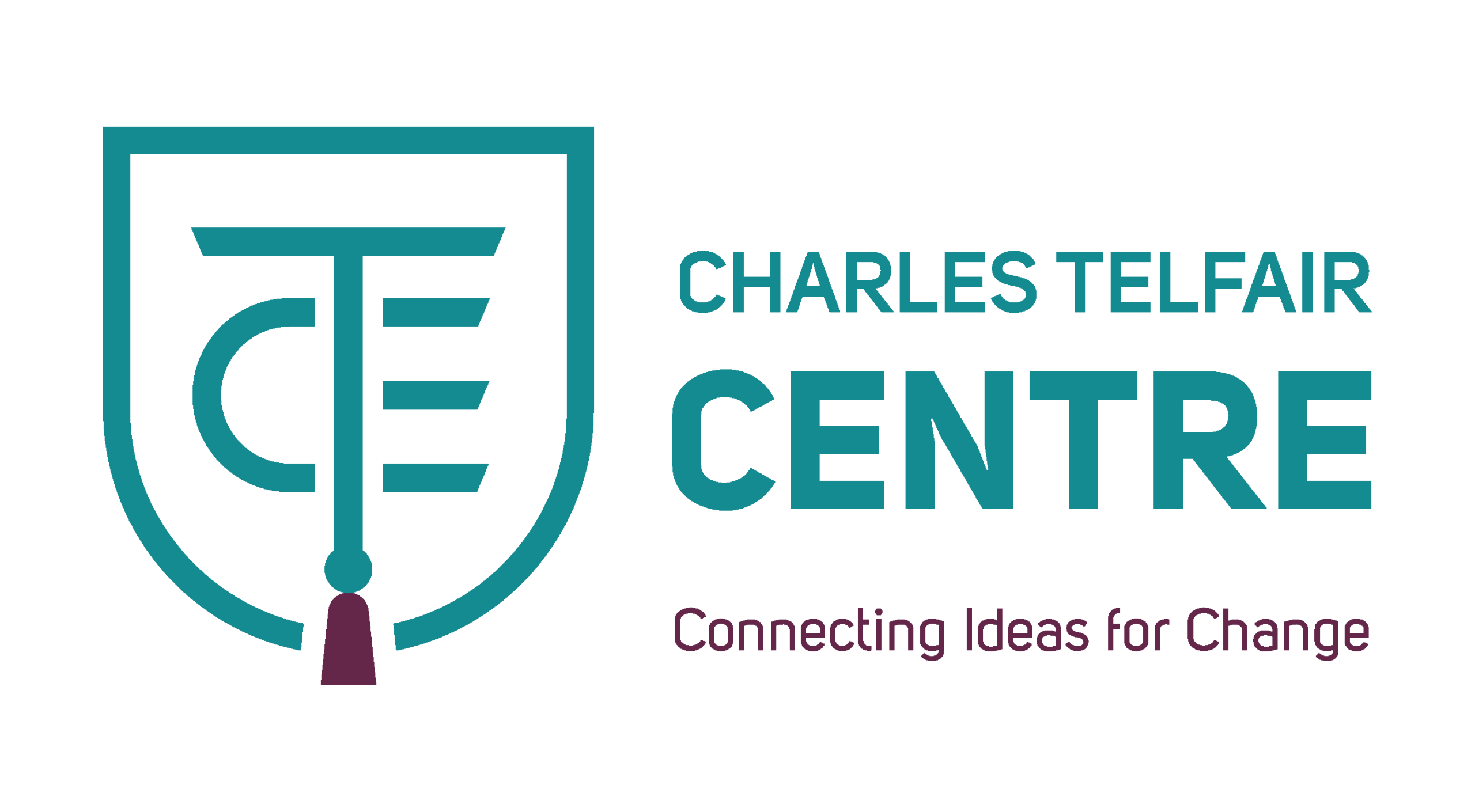Carl Manlan, Vice President of Inclusive Impact and Sustainability at Visa CEMEA.
DUBAI – The last Sustainable Development Goal is, in some ways, the most important. Recognizing that all other SDGs can be met only through collaboration, SDG17 includes targets such as the mobilization of financial resources for developing countries from multiple sources and the promotion of partnerships among public, private, and other stakeholders. But, less than eight years from the SDGs’ 2030 deadline, official development assistance continues to dominate the narrative about structural economic transformation.
In 2021, net ODA by members of the Development Assistance Committee of the OECD totaled just under $179 billion. That is less than 4.5% of the $4.2 trillion shortfall in financing required to support the achievement of the SDGs. And while countries agreed in 2015, when the SDGs were adopted, to raise ODA to 0.7% of gross national income by 2030, they remain far from reaching that target. Meanwhile, more than $100 trillion in assets under management worldwide can be leveraged to accelerate development.
Beyond the difference in scale, the public and private sectors tend to target different aspects of the development continuum. For example, ODA might be channeled toward improving health outcomes, whereas investment is more likely to spur growth in a particular sector, such as agriculture.
Achieving the SDGs by 2030 is improbable, but if corporations reimagine and deepen their community impact, we can make great strides toward sustainable development. Key to this process will be support for small and medium-size enterprises (SMEs), which in developing and developed countries alike generate employment, drive income growth, and advance poverty reduction. In emerging economies, SMEs account for seven out of ten jobs, and formal SMEs contribute up to 40% of GDP, with the figure rising much higher if one also includes informal businesses.
Women-led SMEs play a particularly important role. Companies like Koolboks in Nigeria and Hoa Nang in Vietnam hire talented young people, help reduce gender disparities, and reinvest the wealth they generate in their communities. Such firms – and SMEs more broadly – form the backbone of sustainable and resilient development, rooted in communities and offering ample opportunities to connect to global value chains. By acquiring talent and devising innovative solutions to existing problems, businesses that start small can grow into dynamic and influential economic actors that create more wealth for communities, not least by providing better employment opportunities to more workers.
Here, it is worth noting that an estimated 500 million jobs will be needed by 2030 to absorb the growing global workforce. But, to create so many jobs, SMEs need capital to grow and become more resilient. As it stands, they often struggle to access financing.
There is a role for ODA here. But donor governments around the world are confronting intensifying fiscal headwinds in the wake of the COVID-19 pandemic and, more recently, the energy and food crises triggered by the war in Ukraine. The private sector must take a leading role in providing the necessary financing.
This implies a paradigm shift, whereby capital (and aid) allocation drives development through investment in employment and wealth creation. Special attention must be paid to women-run businesses, which currently account for 40% of SMEs in Africa, but receive just 1% of venture capital funds.
Some progress already is being made on this front. For example, the Nigeria-based Aruwa Capital Management, founded and led by women, invests in rapidly growing companies that either provide essential goods and services to the “female economy” or businesses that are founded or co-founded by women or have gender-diverse teams. And the Corporate Impact Investing Initiative can unlock more capital for SMEs, especially those led by women.
Such efforts can help to create a new generation of “Nana Benz” women – who controlled at least 40% of informal-sector business in Togo from 1976 to 1984 – but on a much larger scale. Investing in SMEs in fast-growing markets, such as the African Continental Free Trade Area, will accelerate the pace of transformation.
This is not charity; such investment will bring major financial returns. Studies show that purpose-driven companies outperform their peers, not least because young people – who overwhelmingly believe that social issues, from racial justice to the environment, must shape corporate decision-making – are more likely to support them.
At the same time, we must recognize that the most profitable investments are often long-term – even intergenerational – ventures. We might not enjoy the fruits in our lifetimes, but we must cultivate them anyway, in order to nourish our descendants and provide the seeds for future prosperity.
Copyright: Project Syndicate, 2022.
www.project-syndicate.org
Main Photo by Tima Miroshnichenko on Pexels.
Charles Telfair Centre is an independent nonpartisan not for profit organisation and does not take specific positions. All views, positions, and conclusions expressed in our publications are solely those of the author(s).

